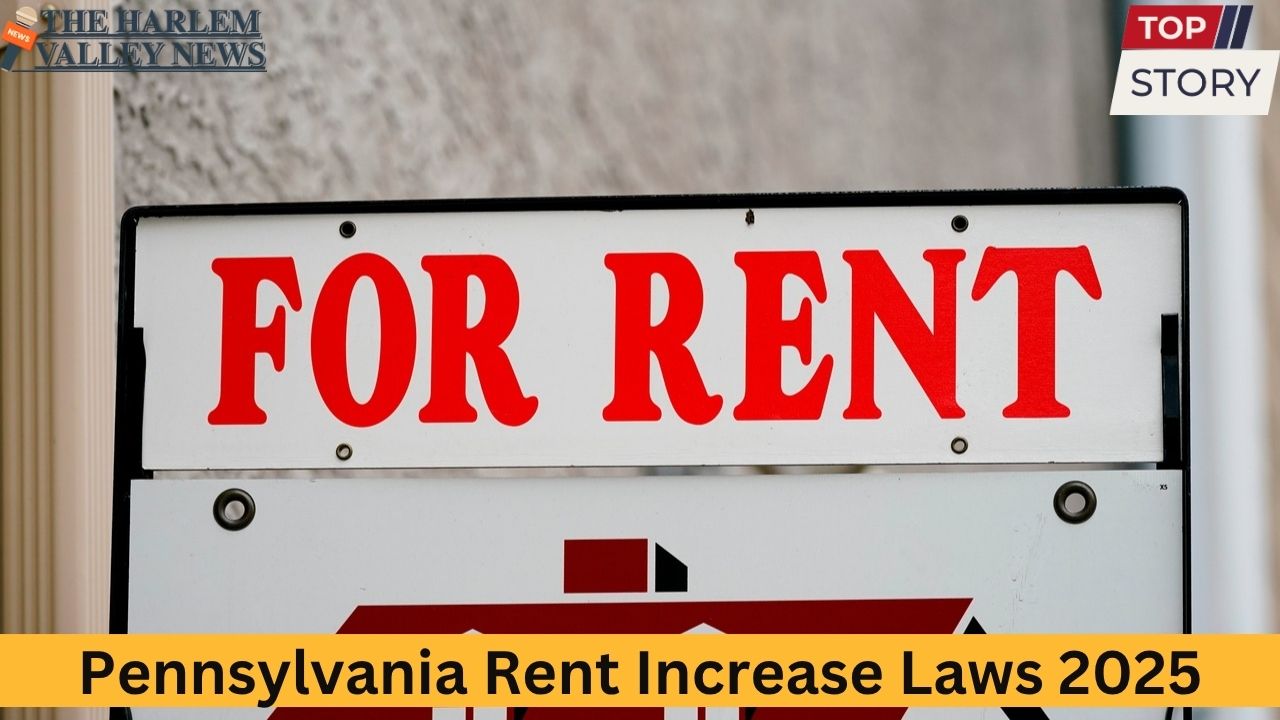Navigating taxes in retirement can be challenging, but significant benefits can help ease the burden for older New Jersey residents. If you’re a senior aged 65 or over, this guide explores the extra standard deduction available to you—highlighting what’s new for 2025, important eligibility criteria, statistics about the senior population in New Jersey, and the broader impact of these changes on residents statewide.
Introduction to Standard Deductions for Seniors
Tax deductions lower your taxable income, which in turn can reduce the amount of taxes you owe. The standard deduction simplifies this process by offering a set amount you can subtract from your income—no itemization required. For those aged 65 and older, both federal and New Jersey state tax laws have historically offered extra deductions, recognizing that older adults often live on fixed incomes.
Why the Special Focus for Seniors?
-
Seniors usually have reduced earning capacity
-
Many face higher health care costs
-
Fixed retirement incomes can make every tax break count
The New 2025 Extra Standard Deduction: What’s Changed?
Significant changes are set for the 2025 tax year, offering even greater relief to New Jersey residents aged 65 and over. Thanks to new federal legislation, seniors can now claim an extra $6,000 standard deduction, which is both substantial and easy to access for a wide swath of the population.
Key Details of the 2025 Deduction
-
Amount: An additional $6,000 deduction per eligible individual aged 65 or over
-
Married Couples: Both spouses can each qualify, doubling the benefit to $12,000 total
-
Phaseout: The deduction starts to phase out for individuals earning over $75,000 or for couples earning above $150,000
-
Availability Period: This extra deduction is effective for tax years 2025 through 2028
-
Stackable: This is in addition to the existing senior extra standard deduction (previously $2,000 per single or $1,600 per married spouse)
-
Total Possible Deductions: For 2025, a single senior could claim a total of $8,000 in extra deductions, while a married couple could claim up to $16,000 extra, on top of the regular standard deduction
-
Usable even if itemizing: Unlike some deductions, the new bonus senior deduction is available even to those who itemize
Example Calculation
Suppose you’re a 67-year-old retiree living in Newark, filing singly, and your adjusted gross income is $50,000. In 2025:
-
Regular federal standard deduction: $15,750
-
Extra senior deduction (longstanding): +$2,000
-
New extra bonus deduction: +$6,000
-
Total deduction: $23,750
This can provide real relief, lowering taxable income, and possibly moving you into a lower tax bracket.
Eligibility and How the Deduction Works
Essential Requirements
To qualify for the new extra standard deduction in New Jersey (for tax years 2025–2028):
-
You must be 65 or older on or before December 31 of the tax year
-
You must have a valid Social Security Number
-
Your income needs to be below $75,000 (single) or $150,000 (married, filing jointly) to receive the full deduction—above this threshold, the deduction phases out
Marital Status
-
If married, both spouses must be 65 or older to receive the full combined amount
-
You must file jointly to claim both deductions
Property Owners
Separately, New Jersey also offers a $250 annual property tax deduction for seniors 65+, provided income is below $10,000 (excluding certain pensions and social security) and residency requirements are met.
Understanding the Numbers: Senior Population Trends in New Jersey
New Jersey has long been a state with a large and growing senior population.
Statewide Senior Demographics
-
Population (2025 estimate): Over 1.85 million residents aged 65+ (about 20% of NJ’s total population)
-
Projected Growth: By 2030, the 65+ group is expected to increase another 40%
-
Life Expectancy: Average of about 80 years, higher than the national average
Why is the Senior Population Growing?
-
The aging of baby boomers (born 1946–1964)
-
Improved healthcare, yielding longer life spans
-
Declining birth rates, increasing the share of older residents
County and City Spotlights: Where Seniors Live and Benefit Most
Some counties and cities in New Jersey have particularly high concentrations of older adults, making the new deduction especially impactful in certain areas.
| County | Percent 65+ | Number of Seniors | Notable Cities/Towns |
|---|---|---|---|
| Ocean County | 24% | 145,000+ | Toms River, Lakewood |
| Cape May County | 26% | 27,000 | Cape May, Wildwood |
| Atlantic County | 19% | 52,000+ | Atlantic City, Egg Harbor |
| Bergen County | 17% | 154,000 | Hackensack, Teaneck |
| Monmouth County | 18% | 122,000+ | Middletown, Freehold |
City Examples
-
Manchester Township (Ocean County): About 50% of residents are seniors, many living in retirement communities such as Crestwood Village.
-
Toms River: Large retiree population with coastal amenities.
-
Cape May: Attractive for retirees thanks to beaches and quiet neighborhoods.
-
Atlantic City: Growing senior population, blending urban life with coastal relaxation.
Living Arrangements
New Jersey has hundreds of active adult communities and over 320 nursing homes, reflecting strong demand for senior-friendly environments.
Additional Tax Relief Programs for New Jersey Seniors
Beyond the federal and state standard deduction, New Jersey offers a range of relief programs:
Property Tax Relief
-
Senior Freeze Program: Reimburses eligible seniors for increases in property taxes, “freezing” their taxes at a base-year amount
-
Stay NJ Program (from 2024): Rebates 50% of property taxes (up to $6,500 in 2024, rising to $13,000 cap)
-
ANCHOR Program: Up to $1,500 in property tax credits for eligible senior homeowners
Local Deductions
-
Many counties and municipalities offer their own senior tax deductions or exemptions
Income Exemptions
-
New Jersey state income tax allows an extra $1,000 exemption for seniors over 65
-
Low-income seniors may qualify for additional exclusions and credits
Tips for Maximizing Your Tax Savings
1. File Early and Keep Documentation
-
Always keep records of your income and deductions
-
For property tax relief, be prepared to show residency, age, and income using official documents
2. Explore All Programs
-
Even if you claim the standard deduction, check if you qualify for the $250 property tax deduction or the Senior Freeze
-
Use free counseling services in New Jersey—many counties offer senior tax assistance
3. Watch the Phaseout Thresholds
-
Plan your income and withdrawals from retirement accounts to remain under $75,000 ($150,000 for married couples) for maximum deductions
4. Use Itemization Wisely
-
The extra senior deduction is available even if you itemize—a rare advantage for older filers
5. Leverage Local Support
-
Visit your local county tax office in cities like Jersey City, Paterson, or Cherry Hill for in-person help
Conclusion: Financial Security for New Jersey’s Older Adults
The new extra standard deduction for New Jersey seniors is a significant step toward providing real tax relief for those over 65, especially amid rising living costs in the state. With nearly one in five residents now a senior, these changes will put more money back in the pockets of those who need it most, helping to cover expenses, enjoy retirement, and age with dignity.
For residents in locations such as Toms River, Lakewood, Hackensack, and Cape May, the expansion of deductions and other tax relief programs can make the dream of a secure, enjoyable retirement in New Jersey much more achievable.
If you’re approaching 65 or already there, review your eligibility each year, stay informed of new policies, and consult a qualified tax professional to maximize the benefits now available to you.
















Leave a Reply